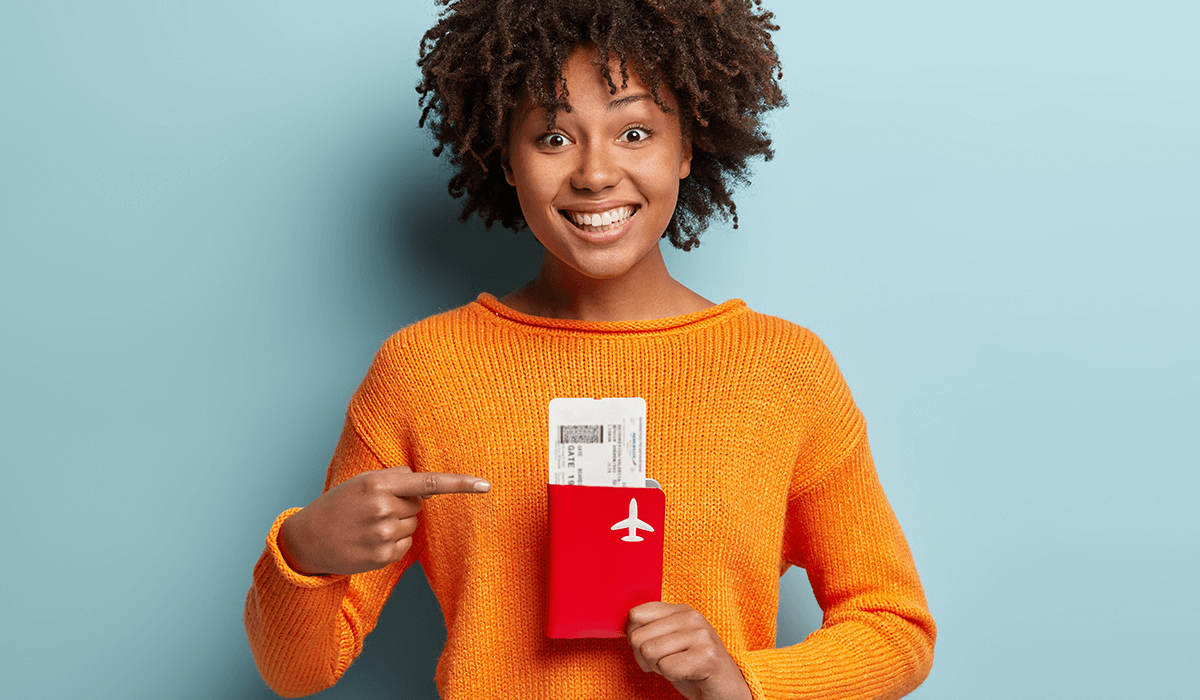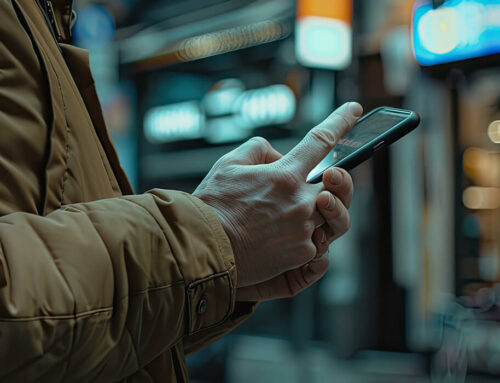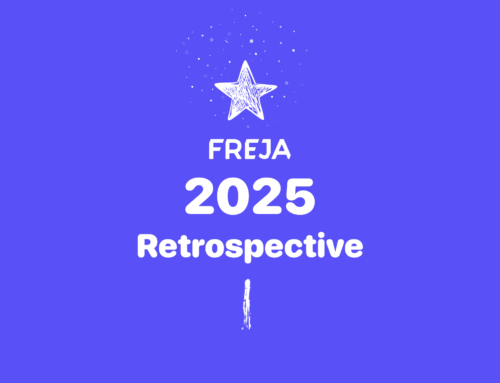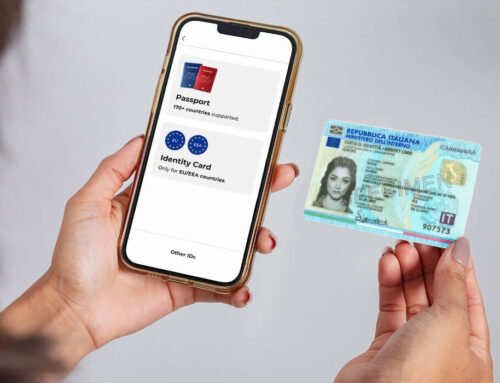Since the spring of 2020, the Covid-19 pandemic has rendered the world we live in unrecognisable – social distancing, face masks, travel bans, lockdowns, curfews, and working from home (to name a few) have become our new reality. There is a glimmer of light at the end of this tunnel though, in the form of the Covid-19 vaccine.
Despite many difficulties, the rollout of Covid-19 vaccines has been picking up as the world is desperately trying to reclaim some sense of normalcy. While a dose of cautious optimism is warranted, it is difficult to say when we will be able to be as carefree as we were in 2019. The road will be long and difficult, but we are on the verge of taking the first steps.
At the onset of the pandemic, in April of last year, the World Health Organisation predicted that some form of certification or confirmation that a person was immune to Covid-19 would be required as part of the Covid-19 response. Now, precisely one year later, these ‘Covid Passports’ are seen as that first step.
How the world sees it
Both individual countries and international organisations are coming out with their own ideas and concepts of what the Covid-19 passport should be. However, the idea, in principle, is the same throughout: it is a certificate that would enable individuals to travel and participate in group events again.
The International Air Transport Association (IATA) is, of course, focusing more on reestablishing air travel that has been ravaged by the pandemic with its Travel Pass initiative, the EU is working on allowing its citizens to travel freely within the member states again, Israel is currently more focused on allowing its citizens to attend group events. For other countries (especially those heavily dependent on tourism), the Covid-19 passport is seen as a lifeline to prevent a disastrous 2021 summer holiday season.
The response in Sweden
The Swedish government’s Agency for Digital Government (DIGG) has been tasked with setting in motion the establishment of a digital framework for vaccination certificates in coordination with other government agencies. Sweden has decided to follow the framework for the EU’s green certificate.
Covid-19 passports and electronic identities
Another fact that is constantly brought up in the discussion about Covid-19 passports is the fact that the Covid-19 passport will almost certainly be in digital form. The flexibility, reliability and security that mobile applications and QR codes offer are simply unmatched by other formats, especially paper certificates (although the bearer of the digital content embedded within the QR code may, indeed, be paper based).
The aforementioned ‘green passports’ in Israel are in the form of a mobile application. The Danish government has also come forth with their own plan that the Danish Covid-19 passport will be ‘the extra passport that you will be able to have on your mobile phone that confirms that you have been vaccinated’.
Sweden, already a very mature market when it comes to digitalisation and electronic identities has confirmed that it will work closely with the EU and WHO to secure a Covid-19 passport for its citizens that would be provisioned via government-approved electronic identities such as Freja eID.
The challenges of Covid-19 passports
With all the benefits that Covid-19 passports bring, that isn’t to say that they don’t come with their own challenges, the primary two being: technology and trust.
Technology: setting up a digital health framework
The concept of a Covid-19 passport is intuitive and easy to understand – it is some sort of certificate that a person can show confirm that they are either healthy and/or vaccinated for Covid-19. Most would imagine it as some sort of machine-readable technology such as a QR code or a QR code within a mobile application that would enable people to forego manually checking and reading a piece of paper. In addition, matching the owner of the Covid-19 passport to the bearer must be quick – if you remember what queues at passport control points at airports used to look like, imagine what adding the scanning of a QR-code, validating and evaluating its content and matching to the identity of the bearer may cause if not possible in a quick way.
Trust: the issue of identities and politics
Even more complex than that is the issue of trust, as that requires more than mere technological development, rather the consensus of humans. If we consider the fact that the entire purpose of Covid-19 passports is to enable so-called ‘non-essential’ international travel then each country’s Covid-19 passport must be trusted by the country that their citizens wish to travel to.
This is why it will be critical that each individual person’s identity be verified and trusted to a high degree if the system of Covid-19 passports is to do its job properly. That would mean that we will have to walk a very tight line between user privacy and security if we want the concept of Covid-19 passports to work.
While blocs of countries such as the EU will certainly work together in this regard – the EU is planning on an EU-wide green certificate to enable free travel within the bloc, it remains to be seen how this issue will be resolved when it comes to third countries. The most likely solution will be bilateral agreements between individual countries such as tourism-dependent Greece and Israel for example, or similarly Cyprus welcoming tourists from the UK, Israel and the UK being one of the champions of vaccination for Covid-19.







